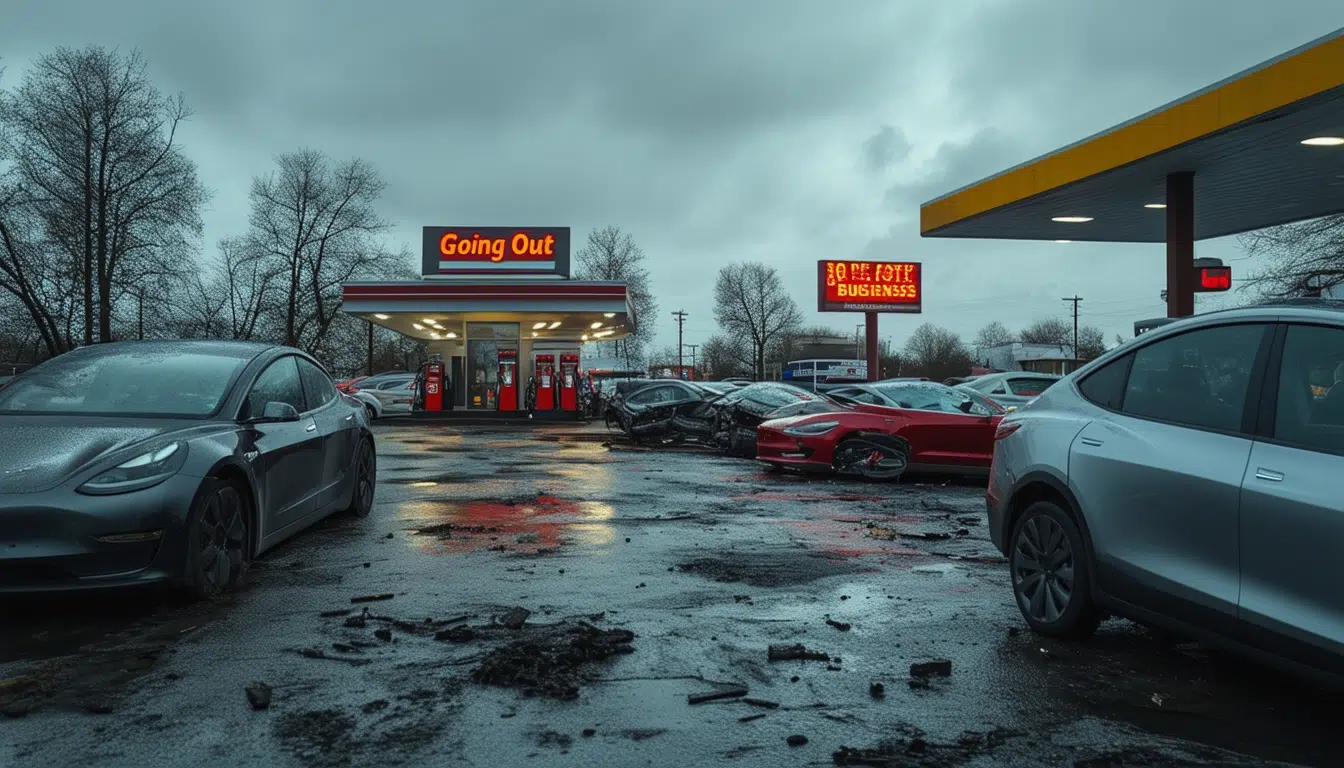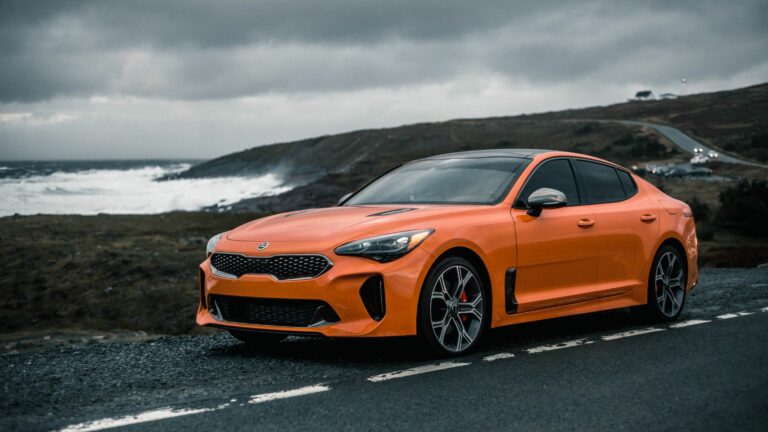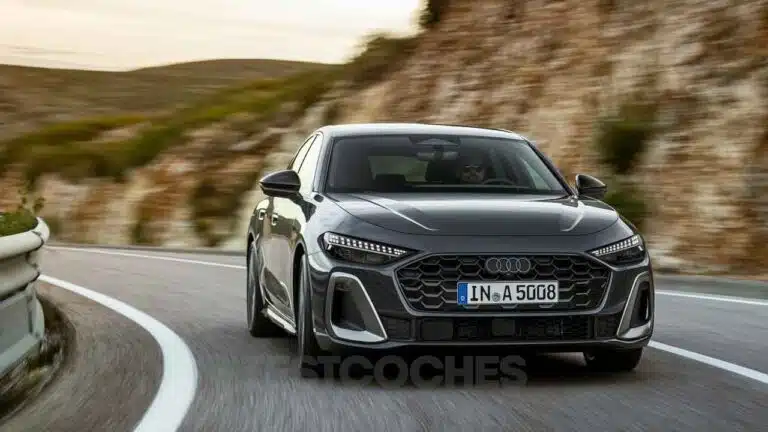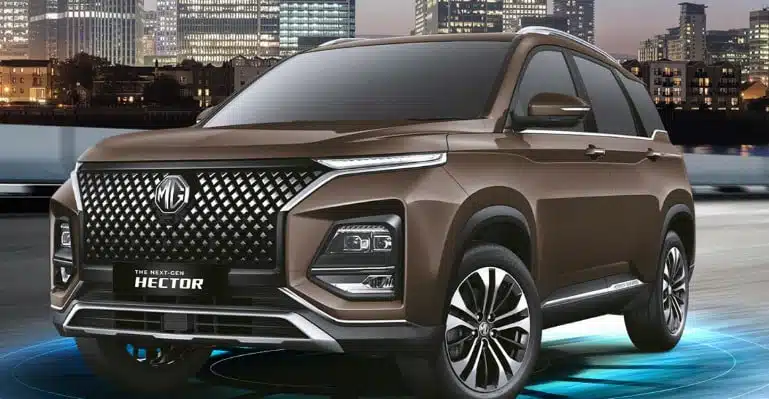Las marcas frenan la electrificación: el impacto de la caída en las ventas de coches eléctricos

The recent drop in electric vehicle sales has generated an immediate response from automakers, who are revising and, in some cases, delaying their electrification plans. This trend is having a significant impact on the industry, affecting not only major brands like Ford, Volvo, and Mercedes, but also suppliers and the market in general. As demand for electric vehicles slows down, the transition to more sustainable mobility is threatened, jeopardizing emission reduction targets and the mass adoption of clean technologies.
The transition to electric cars is facing serious obstacles due to the decline in sales of these vehicles. Recognized brands like Ford, Volvo, Mercedes, and Audi are reviewing and delaying their electrification plans. Weak demand and the sales crisis of low-emission vehicles are putting the electrification strategy of automakers at risk. This article analyzes how low demand is affecting the plans of brands and the industry as a whole.
The drop in sales discourages manufacturers
The sale of electric cars is not taking off as expected. This phenomenon has caused Ford to modify its electrification strategy, canceling some of its projects due to weak demand for electric vehicles. This is not an isolated case; many brands are facing the same problem.
The situation is particularly concerning in Europe, where many companies have stopped purchasing electric cars, delaying the energy transition. Six out of ten cars registered in the region are not electric, a figure that highlights the challenge the industry is facing.
The impact on brands’ electrification strategy
Volvo, Mercedes, Audi, and others have decided to postpone their electrification plans due to the drop in demand. Volvo, for example, has delayed its goal of exclusively selling electric cars. Mercedes and Audi have also reevaluated their target dates, all in an attempt to adapt to the reality of the market.
Ford is not the only one questioning the speed of this transition. Volkswagen and Lamborghini have also expressed their difficulties and admitted that the path to electrification is fraught with obstacles.
The consequences for suppliers and the used car market
Low demand for electric cars is not only affecting automakers but also component manufacturers, who have seen a decrease in orders. This situation is slowing investments and forcing many of these suppliers to reconsider their production strategy.
Additionally, the drop in prices of used electric cars has a direct impact on the residual values of the vehicles. This creates distrust among consumers, who begin to question the benefits of switching to an electric car in the current situation.
Future perspectives and challenges
While electric cars are considered the future of automotive, manufacturers are encountering multiple obstacles. Investments are slowing down, and consumers are hesitating. Surprisingly, some Chinese manufacturers like Xpeng and NIO continue to expand in Europe despite the tariffs.
In this context, brands like Renault continue to bet on electrification with new electric models. However, the industry is at a critical point and needs to find solutions to overcome these challenges and accelerate the transition to more sustainable mobility.
Electric vehicle sales are experiencing a noticeable slowdown in the European market, forcing several brands to reevaluate their electrification strategies. Manufacturers like Ford, Volvo, and Mercedes have decided to delay their plans to launch new electric models or have even canceled ongoing projects. This situation demonstrates a clear disconnect between market expectations and actual demand.
The low acceptance of these vehicles directly affects the production chain and the component suppliers. Companies that had previously taken an aggressive stance toward electrification now find themselves in a period of uncertainty. The decrease in orders for electric components highlights an industrial concern that also influences employment and the stability of associated suppliers.
On the other hand, the impact is not limited to manufacturers. Companies that used to be major buyers of electric car fleets are reducing their acquisitions. This behavior jeopardizes the energy transition that many countries are trying to promote. The goal of reducing emissions and promoting sustainable mobility now seems a more distant objective.
The drop in demand also brings consequences in the used car market. The prices of used electric vehicles are declining, affecting residual values and the long-term value perception of these cars. This rapid depreciation is a dissuasive factor for new potential buyers who see less economic incentive in opting for an electric car.
The question that arises is: what is really holding back these sales? Factors such as the high initial cost, concerns about range, and insufficient charging infrastructure play a significant role. Although electric vehicles are undeniably a crucial part of the future of automotive, current barriers continue to impede their mass adoption.
In conclusion, the electrification of the automotive fleet is at a critical juncture. The slowdown in demand is forcing manufacturers and customers to reevaluate their options, putting the advancement toward more sustainable mobility at risk.





